For weeks after the Russian military forcibly took her teenage son from school in the fall of 2022, Natalya Zhornyk had no idea where she was or what had happened to her. But she received a call.
“Mom, come find me”told his 15-year-old son Artem, who remembered his mother’s phone number and borrowed the mobile from his school principal.
Zhornyk made him a promise: “When the fighting calms down, I will go”.
Russian soldiers had taken Artem, along with a dozen of his companions, and transferred them to a school located deep inside Russian-occupied Ukrainian territory.
Although Zhornyk, 31, was relieved to learn where he was being held, getting there would not be easy. They were in different areas of the war front, and border crossings from Ukraine into Russian-occupied territory were closed.
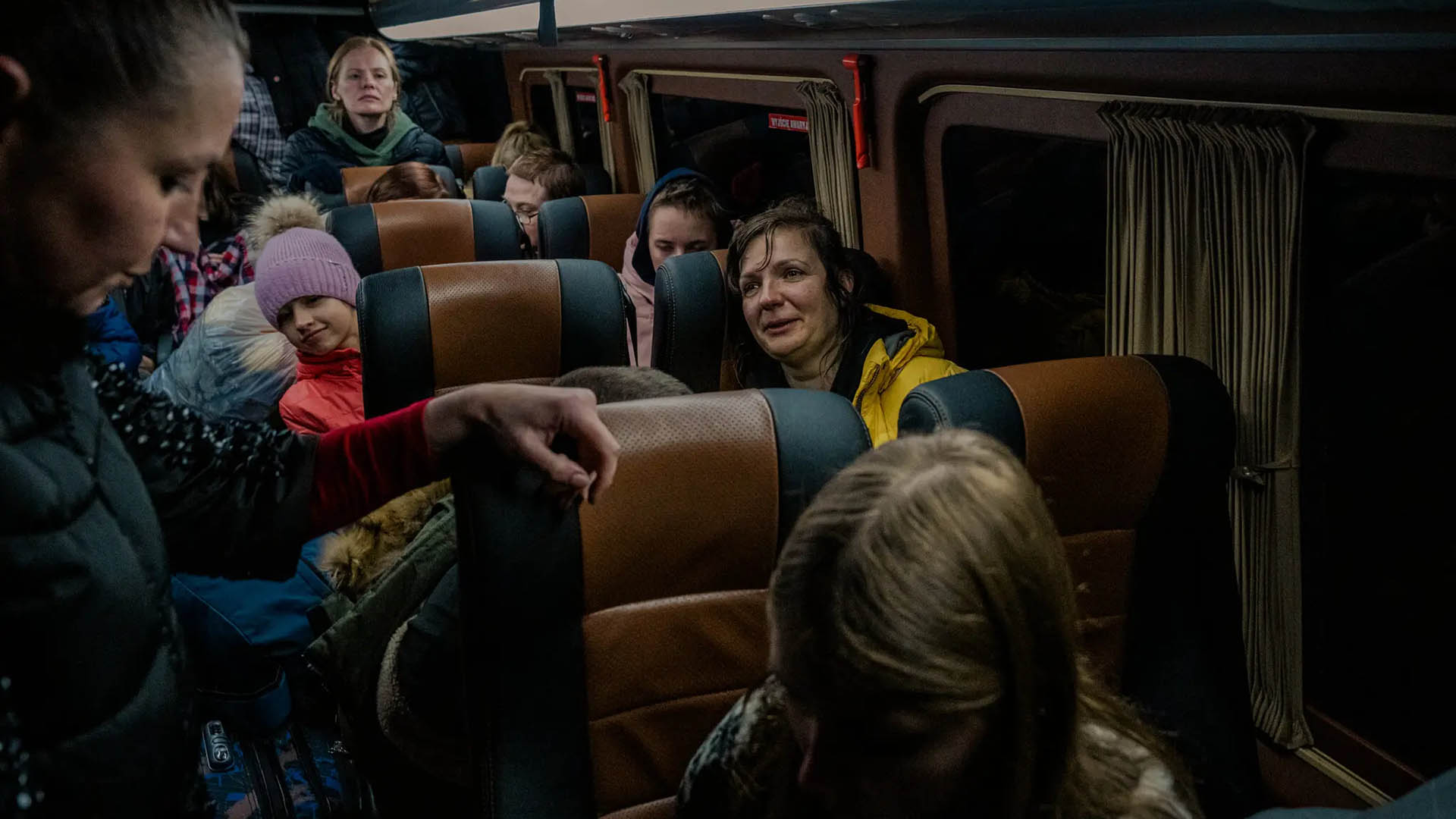
But months later, when a neighbor managed to bring one of her son’s schoolmates, she she heard about a charity that helped mothers bring their children home.
With it now illegal for men of military age to leave Ukraine, in March Zhornyk and a group of women helped by Save Ukraine completed a harrowing journey of more than 3,000 miles through Poland, Belarus and Russia to enter the territory occupied by Kremlin troops, in eastern Ukraine and Crimea, and recover Artem and 15 other young people.
In the 13 months since the invasion, thousands of Ukrainian children have been displaced or forcibly transferred to camps or institutions located in Russia or in territories controlled by that countryan act that Ukraine and rights advocates have condemned as war crimes.
The fate of these children has become a sort of desperate struggle between Ukraine and Russia and was the basis for the arrest warrant issued last month by the International Criminal Court charging Russian President Vladimir Putin and Maria Lvova-Belova, his commissioner for the rights of the child, to transfer them illegally.
When they are under Russian control, children are subjected to re-education, foster care and adoption processes by Russian familiespractices that have raised special concern even amid the carnage that has killed and displaced so many Ukrainians.
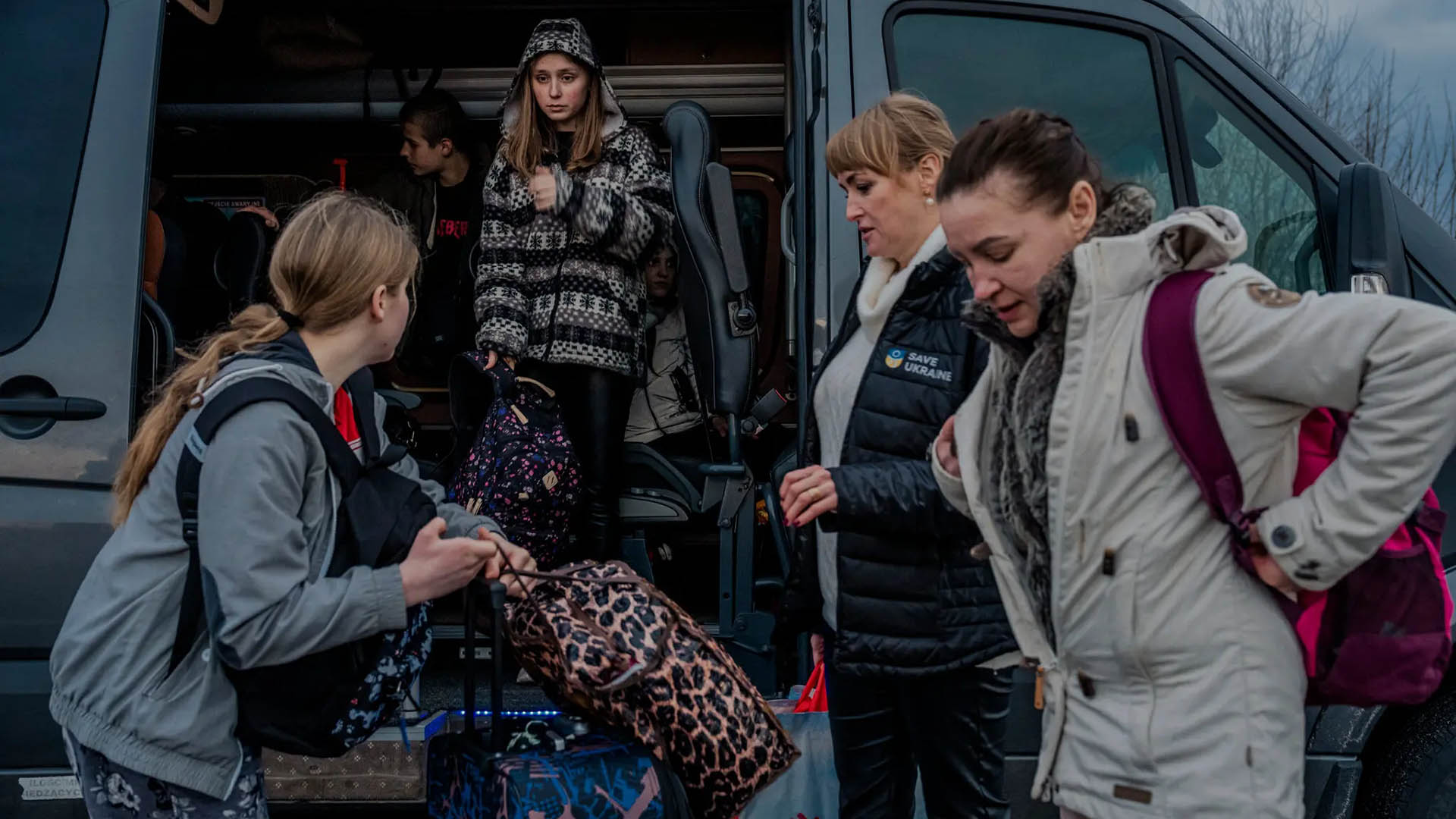
Ukrainian officials and human rights organizations have described these forced transfers as a plan to rob Ukraine of a whole generation of young people, turn them into loyal Russian citizens and thus eradicate Ukrainian culture to the point of committing genocide.
No one knows the total number of Ukrainian children who have been transferred to Russia or to the Ukrainian territories occupied by Russian troops. The Ukrainian government has identified more than 19,000 children it says have been forcibly removed or deported, but those investigating the situation say the true number is closer to 150,000.
Russia has defended the transfer of the children as a humanitarian effort to rescue them from the war zone, but has refused to cooperate with Ukraine or international organizations in locating many of them. After the ICC issued the arrest warrant for Lvova-Belova, she stated that relatives could come to pick up their children, but only 59 were waiting to return home, a claim Ukrainian officials have called absurd.
For the thousands of children transferred, some from broken and disadvantaged families, being away from home for so long has been an ordeal. Some cry when they call home and, according to their parents, cannot speak freely.
Parents, already living through the hardships of Russian occupation, displacement and bombing, have endured months of anxiety, fearful their children will be sent further afield or put up for adoption in Russia.
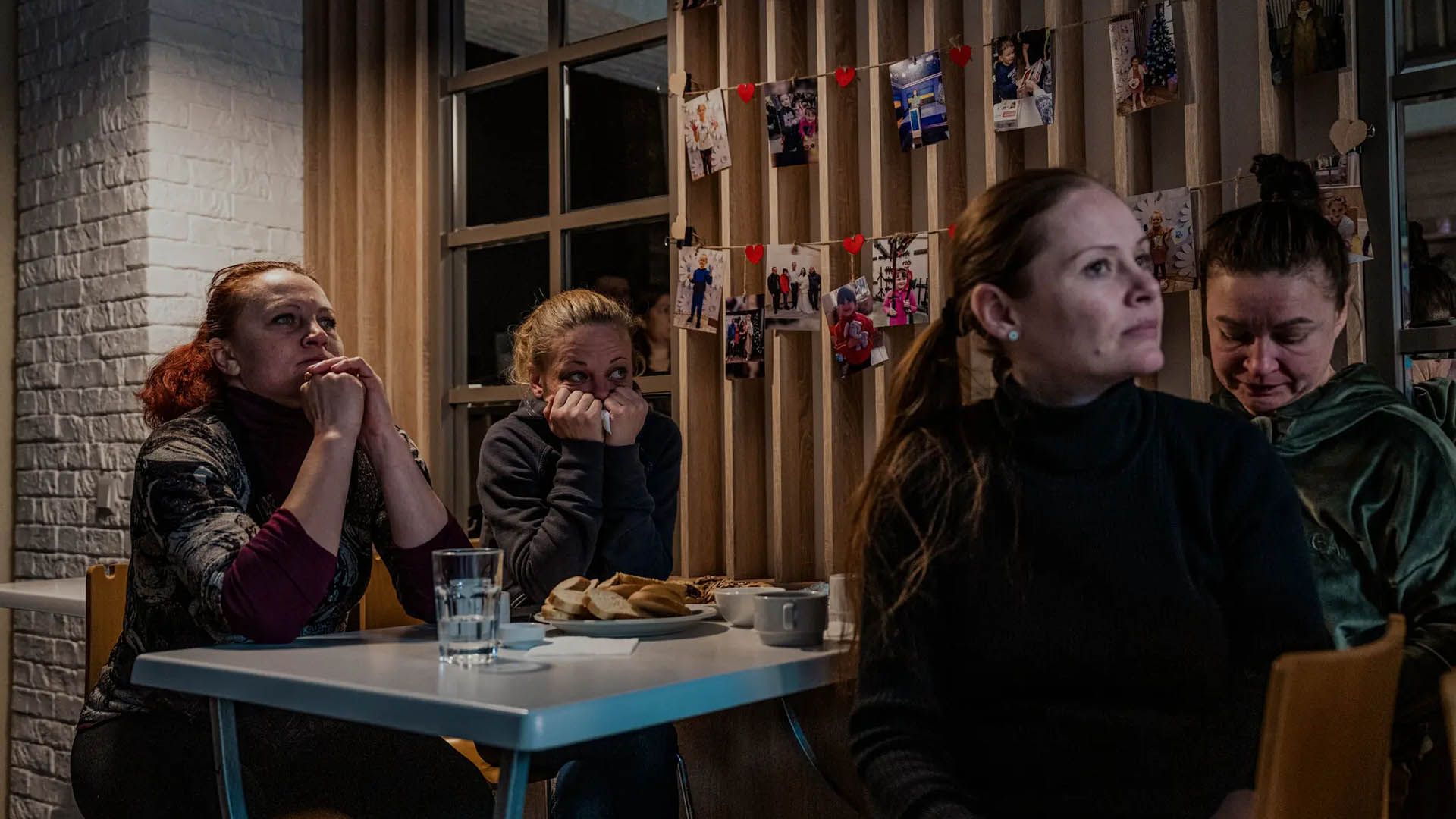
And they also feel guilty. Some sent their children to summer camps on the Crimean peninsula, assuring them that they would return in two weeks. Others simply gave in to pressure from officials and soldiers and allowed their children to be taken away. They all felt guilty when they didn’t get it back.
“I felt completely lost. It ate away at me from the inside,” said Yulia Radzevilova, who brought her 12-year-old son Maksym Marchenko back in March after spending five months in a camp in Crimea. “Nobody supported me. My family, my parents, my friends began to accuse me.”
But other children were moved without warning or, like Artem, simply disappeared.
Artem traveled to his school in Kupiansk on September 7—just as the Ukrainian military was driving out the Russian occupation—to retrieve some documents he needed to attend university. That day he did not return any bus, so he stayed overnight. The next day, Russian soldiers showed up and loaded him, along with other students, onto military trucks.
“They were Russians,” Artem recounted in an interview. “In camouflage, with kalashnikovs.” He said that he thought of fleeing through the back wall of the school, but the teachers made sure that all the children boarded the vehicle.
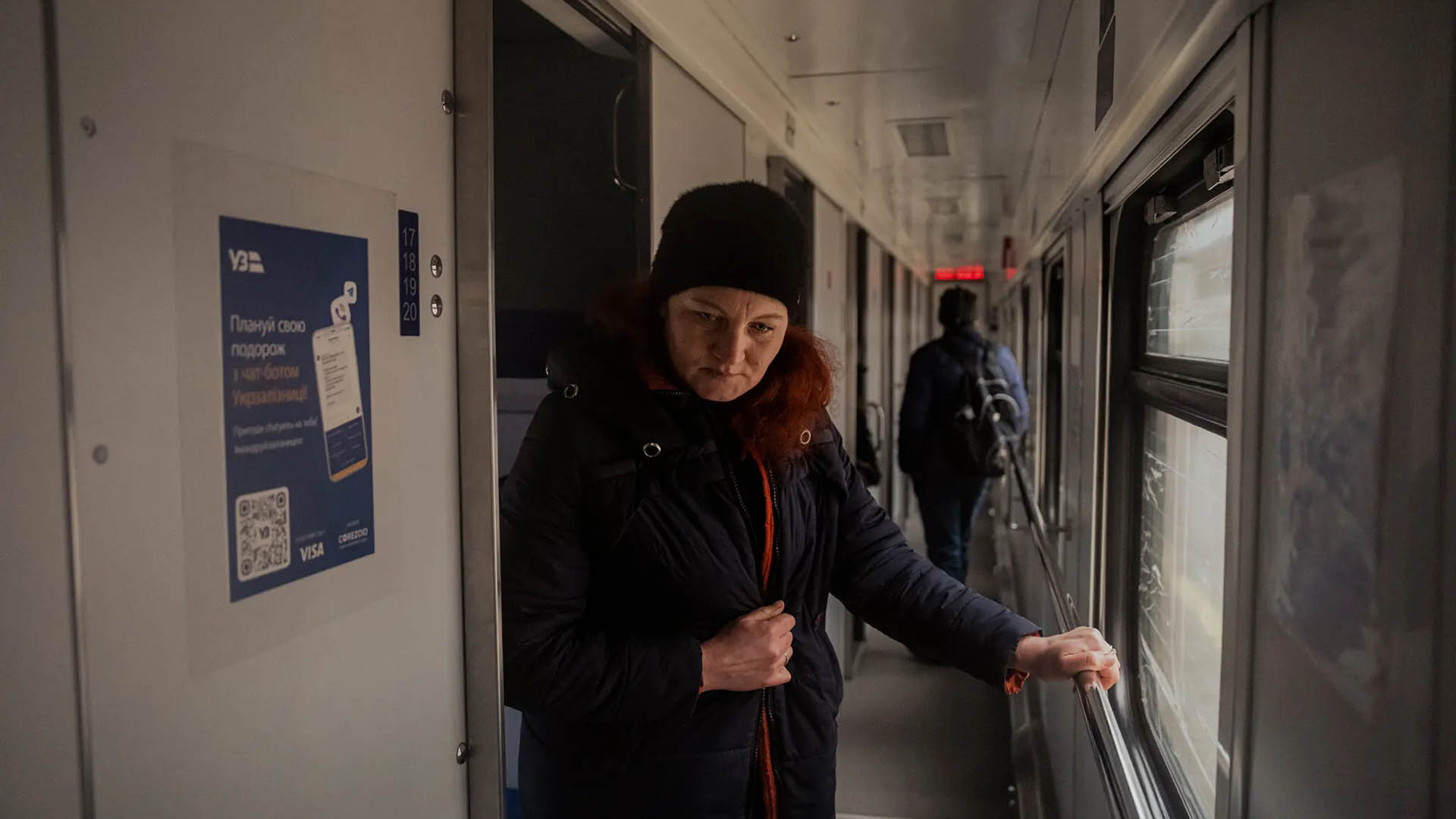
When he did not return home, his mother tried to go to Kupiansk to find him, but was unable to do so due to heavy shelling. For three weeks, there was no electricity or phone service in his village because of the fighting. Not knowing his whereabouts, she reported him missing to the police.
Then Artem called her on the phone. She told him that he and his schoolmates, ages 7 to 17, were transferred to the city of Perevalsk, located in eastern Ukraine and occupied by Russian troops, where they were left in a boarding school.
It was a few hours drive away, but it is a territory closed by the war.
“It was difficult,” Zhornyk noted, shaking his head, “very difficult.”
In southern Ukraine, Olha Mazur undertook an even more difficult search. Her son, 16-year-old Oleksandr Chugunov, known as Sasha, lived in a residential school for children with disabilities located in Oleshky, across the Dnieper River from the city of Kherson, where she lives. Sasha is autistic and cannot speak, she explained.
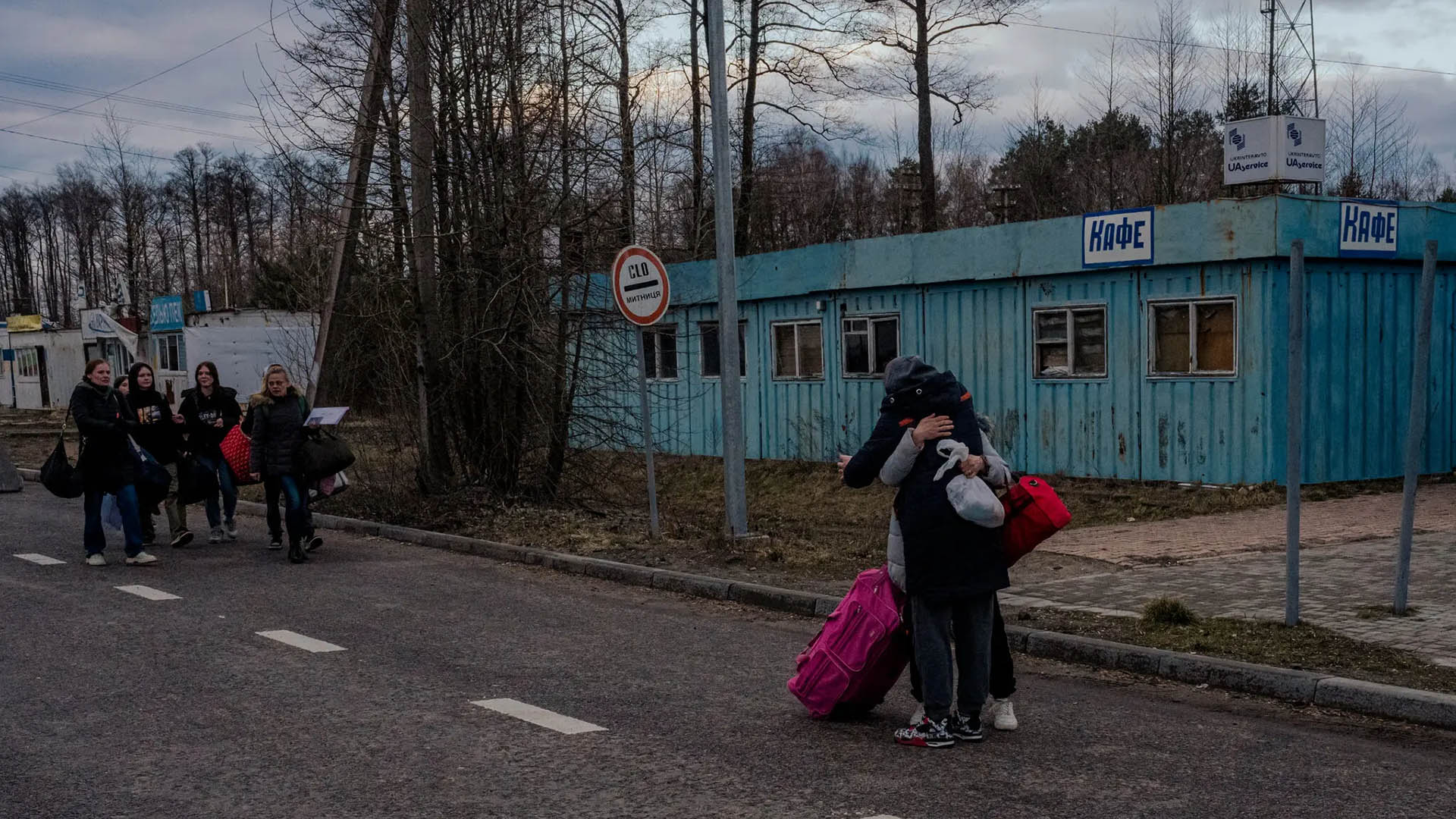
The last time he saw his son was in the summer. Kherson was still busy and she had put a Russian director in charge of the school. She then bombed the bridge across the Dnieper and she was no longer able to travel to see it. In November, she saw a list online naming him among the children who were taken to Crimea by the Russians.
I was relieved and worried at the same time. “I’m thankful he’s alive,” she said, but the school never told her what they were doing and Sasha had no way to contact her.
Parents of children who were at various summer camps and schools began to find out through phone calls with their children that the institutions would let them go home, but only if their parents came to pick them up in person.
Very few mothers had the means to undertake that journey. But there are several charity groups that help make them, and Zhornyk had heard of one, Save Ukraine.
Founded after the attack by Russian forces in 2014, that organization was created to move children and their families from occupied areas and places of intense fighting to shelters or new homes. After the children were stranded in Russian-occupied territory last fall, the group began organizing rescue missions.. The mothers undertook the journey of more than 4,820 kilometers through Poland, Belarus and Russia and through the territories of Ukraine and Crimea, which are under the control of Russian troops.
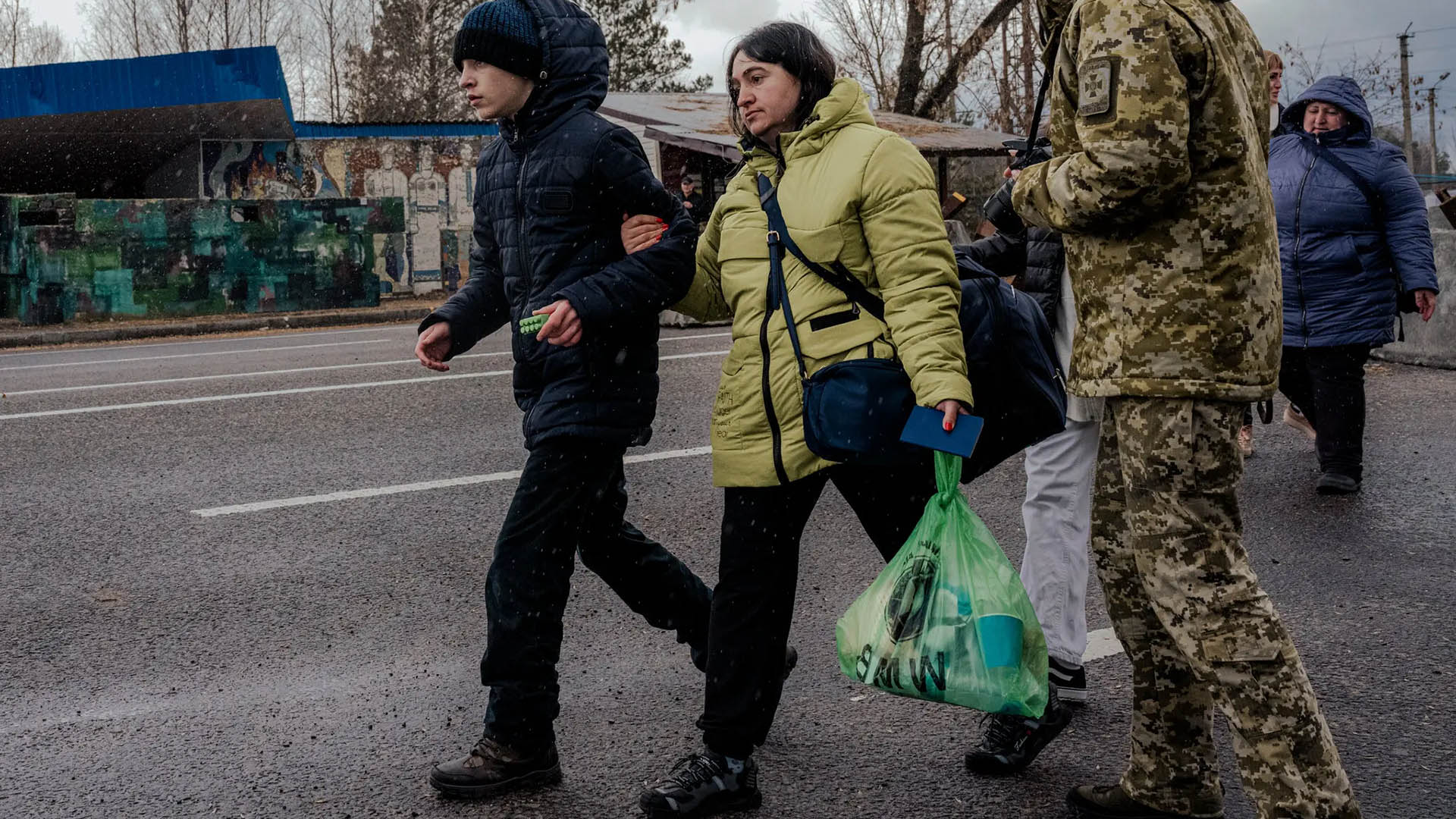
They had to navigate hostile police and border controls along the route, which includes a flight from Belarus to Moscow, including nine hours of questioning by immigration officers at the airport. From Moscow, they drove more than 1,600 kilometers to the Crimea. Zhornyk split up to go to Perevalsk and look for Artem. The entire group then traveled back to the Ukraine via Belarus.
(c) The New York Times
Keep reading:
